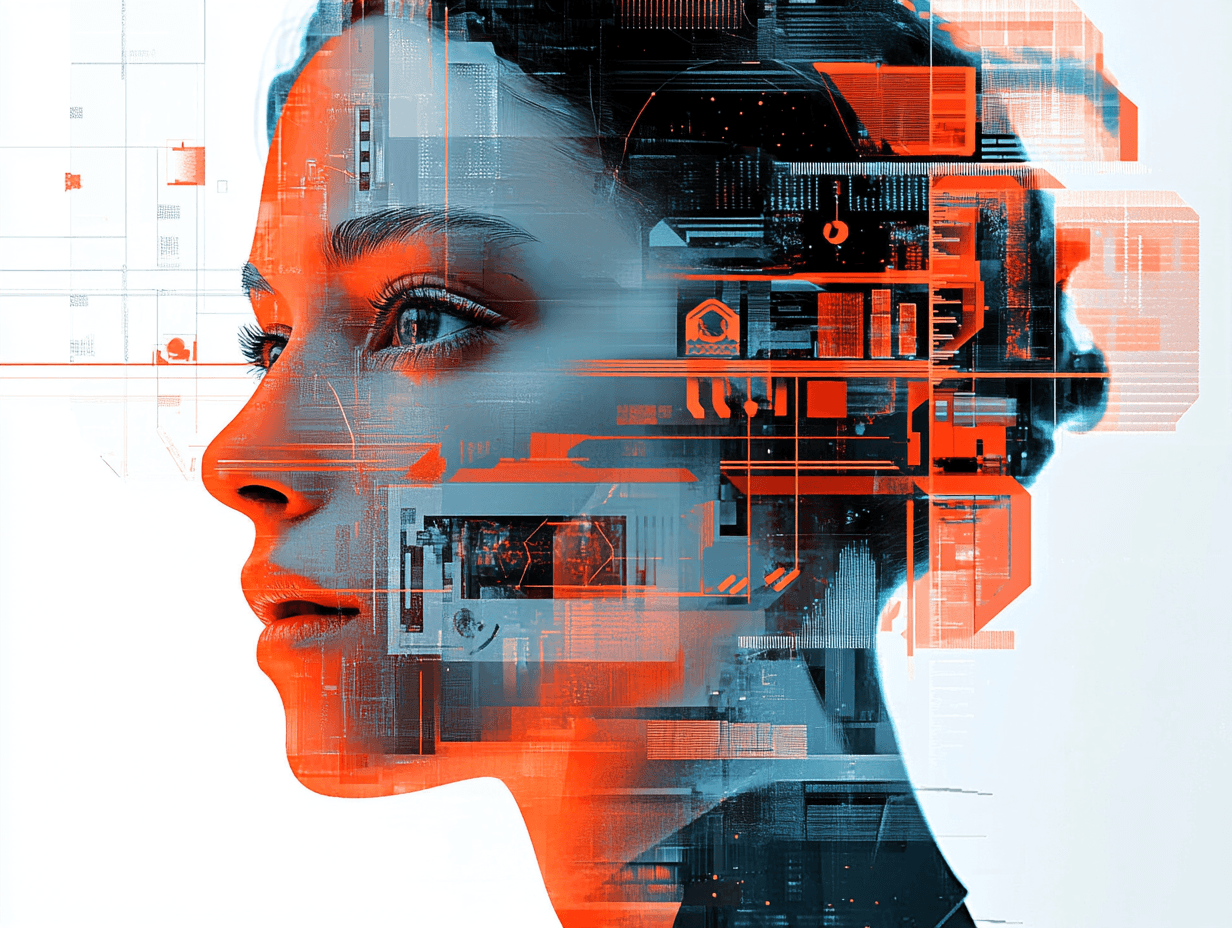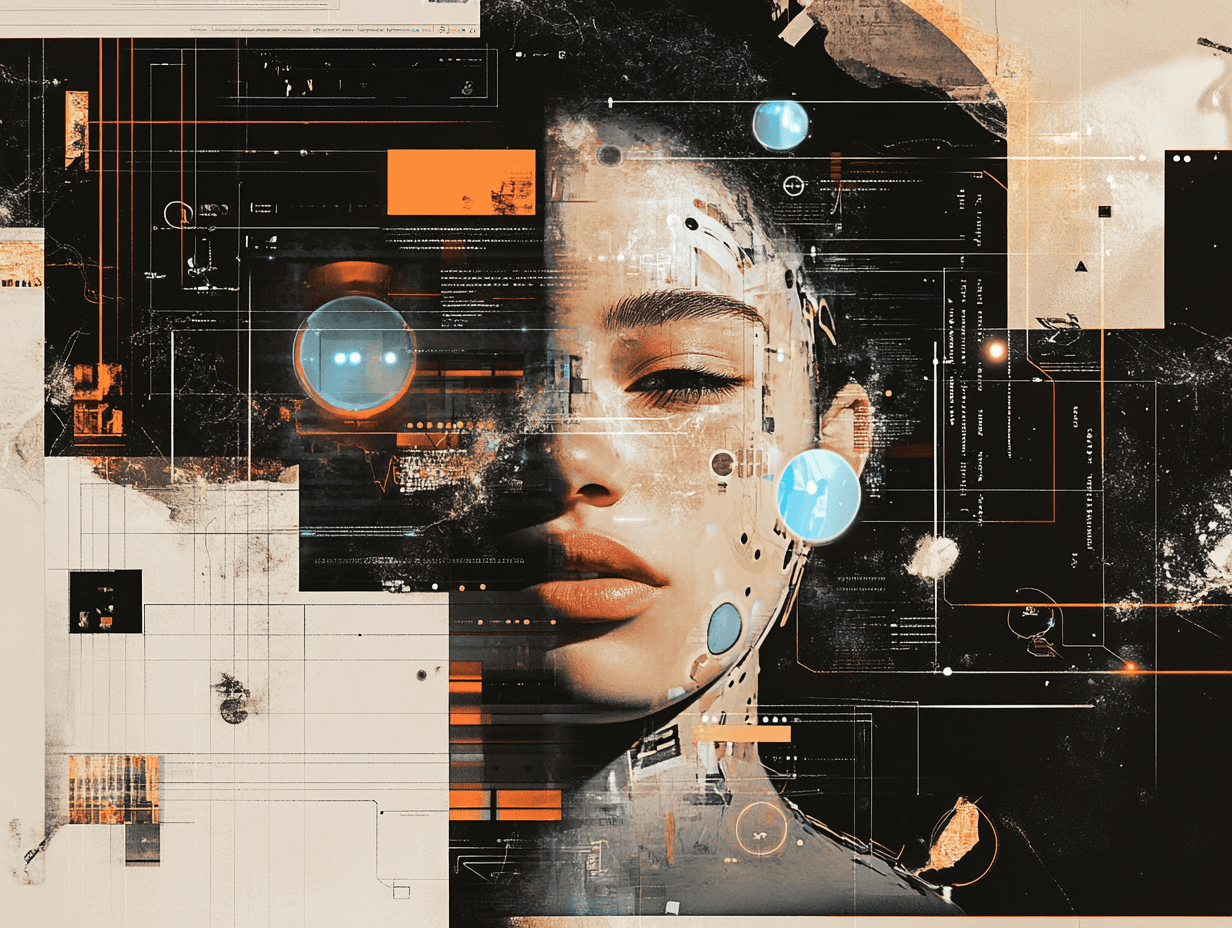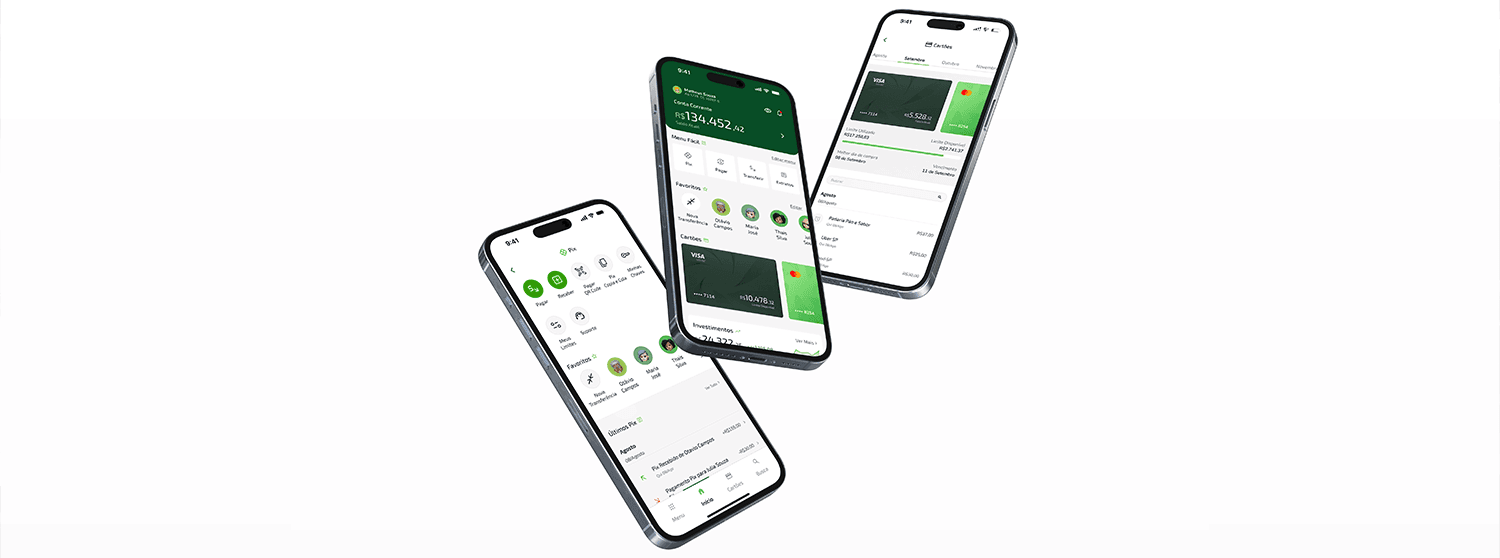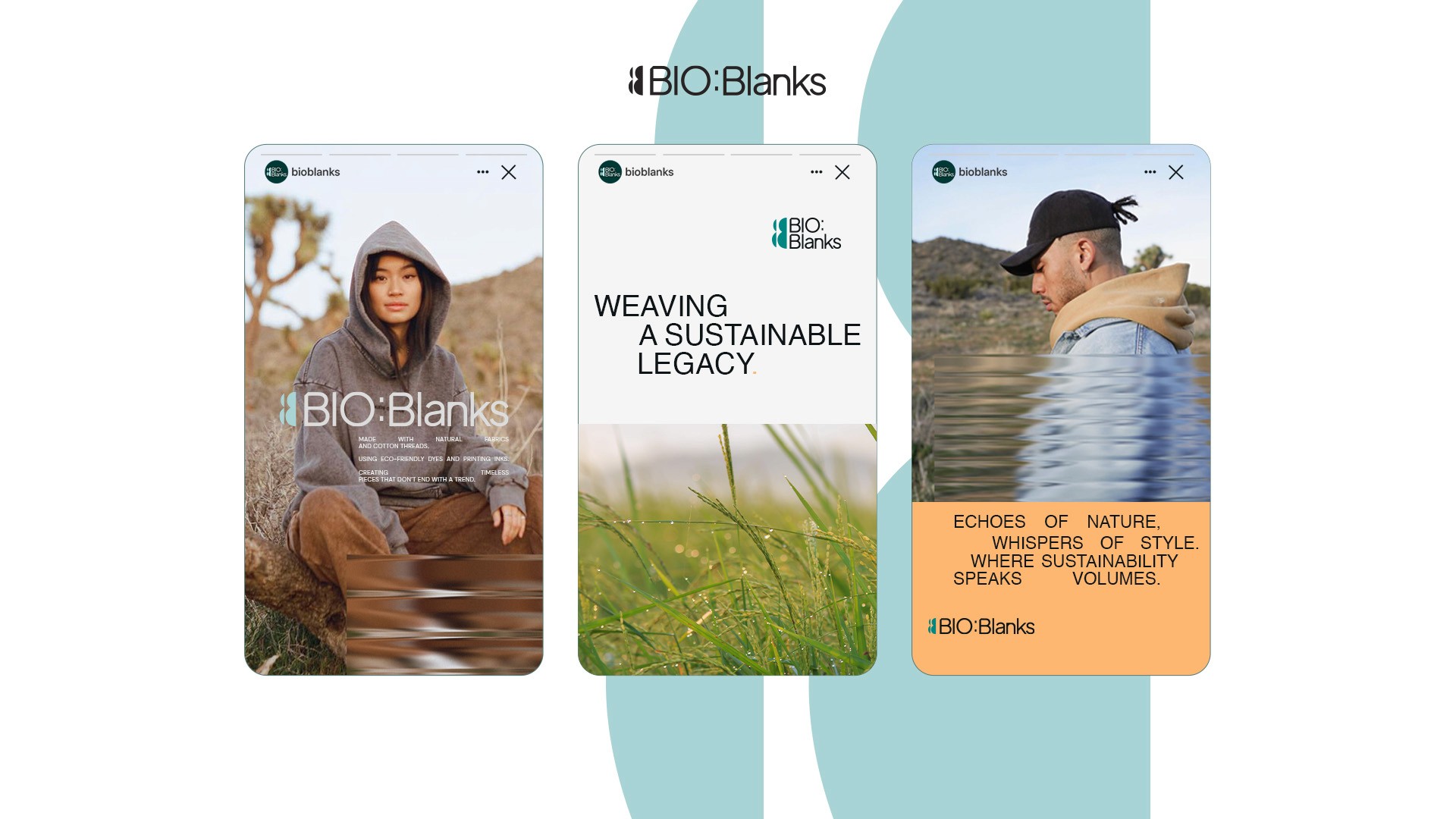The AI and No-Code Revolution: Reshaping UX/UI Design
AI Generated Image
As a UX/UI designer who's witnessed the rapid evolution of our field, I can confidently say that we're in the midst of a revolution. Two powerful forces - artificial intelligence (AI) and no-code tools - are reshaping how we approach design, prototype, and even code. In this article, I'll share my personal experiences and insights into how these technologies are transforming our industry.
The No-Code Revolution
Framer: Design Meets Functionality
My journey into the world of no-code tools began with Framer. This powerful platform allowed me to create stunning, interactive websites without writing a single line of code. As someone with a background in graphic design, this was a game-changer.
With Framer, I could:
Design responsive layouts visually
Add complex interactions and animations
Create and test prototypes rapidly
Publish fully functional websites
The ability to bring my designs to life without relying on a development team not only sped up my workflow but also allowed for more experimentation and iteration.
Beyond Framer: The No-Code Ecosystem
While Framer holds a special place in my toolkit, it's just one player in a growing ecosystem of no-code tools. Platforms like Webflow, Bubble, and Adalo are empowering designers to create everything from websites to mobile apps without traditional coding.
These tools are bridging the gap between design and development, allowing for a more holistic approach to creating digital products.
AI: The Designer's New Best Friend
Artificial intelligence has become an integral part of my design process, enhancing various aspects of my work.
User Research and Insights
AI-powered tools have revolutionized how I approach user research. They can:
Analyze vast amounts of user data quickly
Identify patterns and trends that might be missed by human analysis
Generate insights that inform design decisions
This has allowed me to make more data-driven design choices, resulting in better user experiences.
Design Ideation and Exploration
AI has become an invaluable brainstorming partner. I've used AI tools to:
Generate design ideas and concepts
Explore color palettes and typography combinations
Create mood boards and visual inspiration
These AI-generated ideas often serve as a starting point, sparking creativity and pushing me to think outside my usual patterns.
Coding Assistance
One of the most surprising ways AI has aided my work is in coding. Despite my focus on design, there are times when understanding or writing code is necessary. I've successfully created working Java and HTML code snippets simply by describing my requirements to an AI assistant.
This capability has:
Helped me prototype ideas more quickly
Allowed me to better communicate with development teams
Expanded my understanding of the technical aspects of web and app design
Continuous Learning
AI has also become my personal tutor. I use AI-powered platforms to:
Stay updated on the latest UX/UI trends
Learn new design techniques and principles
Explore emerging technologies in our field
The ability to engage in dialogue with AI about complex design concepts has accelerated my professional growth tremendously.
AI Generated Image
Looking to the Future
As we look ahead, it's clear that AI and no-code tools will continue to play a crucial role in shaping the future of UX/UI design. We can expect:
More sophisticated AI design assistants
Greater integration of AI into no-code platforms
New hybrid roles that blend design, AI, and no-code expertise
As designers, it's crucial that we embrace these tools while also maintaining our critical thinking and creativity. After all, the most powerful tool in design will always be the human mind - now enhanced by the incredible capabilities of AI and no-code technologies.
Have you incorporated AI or no-code tools into your design process?
I'd love to hear about your experiences!



